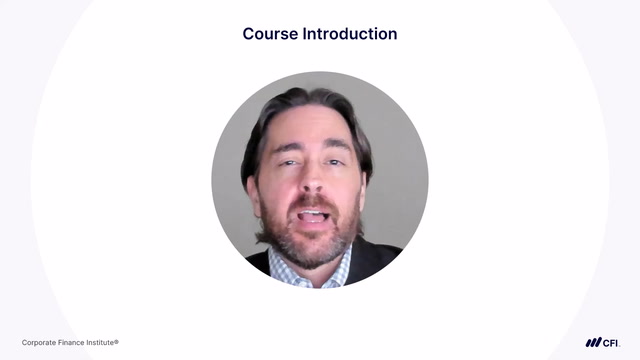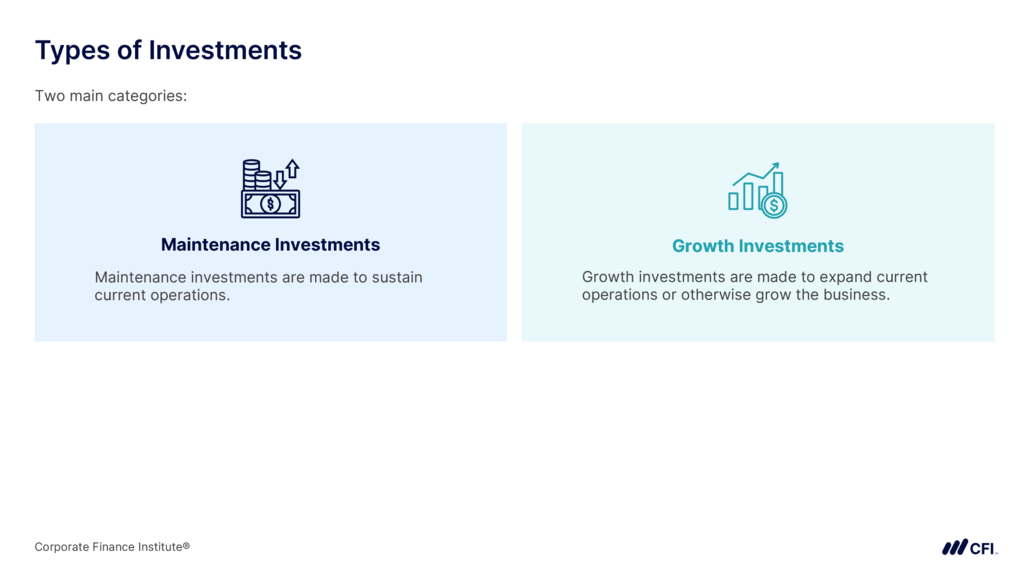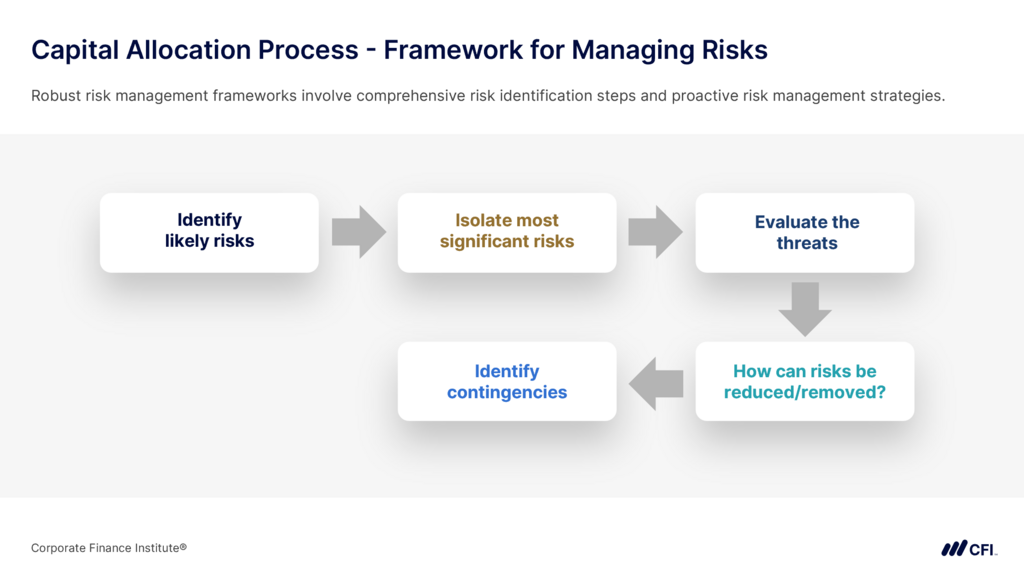Overview
Making Effective Business Decisions Course
This course equips financial professionals — especially those in Financial Planning & Analysis (FP&A) — with the tools and frameworks needed to assess capital investments confidently. You’ll learn to differentiate between various types of investments, apply financial modeling techniques like Net Present Value (NPV) and Internal Rate of Return (IRR), and navigate challenges such as opportunity costs, allocated overhead, and risk assessment.Making Effective Business Learning Objectives
- Identify different types of investments a company can make.
- Develop a structured approach that ensures relevant information is included in the analysis.
- Understand key investment decision-making principles.
- Overcome challenges when calculating the financial impact of strategic investments.
Who Should Take This Course?
This course is ideal for FP&A professionals, financial analysts, and business decision makers who are responsible for evaluating capital investments and making data-driven financial recommendations. It is also ideal for aspiring FP&A professionals looking to develop a structured approach to business analysis and using tools like NPV and IRR.Prerequisite Courses
Recommended courses to complete before taking this course.
Prerequisite Skills
Recommended skills to have before taking this course.
- Excel
Making Effective Business Decisions

Level 3
2h 7min
100% online and self-paced
Field of Study: Finance
Start Learning







